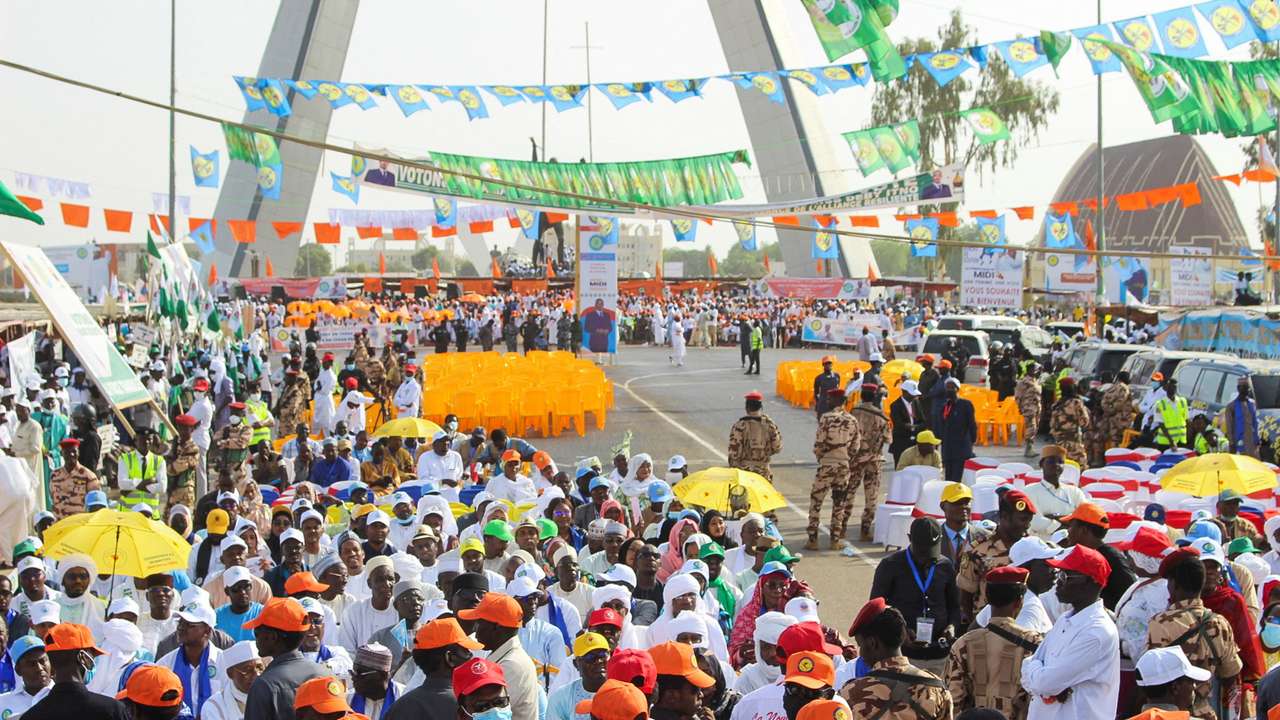Chad’s gender reforms boost female representation in parliament

A 2018 ordinance mandating gender parity in elected office and the organic law of July 2024, which made parity on electoral lists compulsory, have resulted in a historic shift towards women's inclusion in Chad’s parliament.
Under Chadian law, multi-seat constituencies must ensure at least 30% of their candidates are women or risk disqualification. As a result, the final results of the December 29, 2024, legislative elections confirm that, for the first time in history, women will occupy 64 out of 188 seats in the National Assembly—an unprecedented 34% of elected officials.
These legislative measures have significantly boosted female representation, which stood at just 1.6% in the first legislature and 15.4% in the last pre-transition assembly.
A representative of the Constitutional Council told Tchad Info, “Women are the linchpin of society. It is only right that they have the place that is theirs by right in our institutions.”
Despite this progress, challenges remain. Experts emphasize the need for continued awareness campaigns to encourage political parties and voters to support women's political participation. Critics argue that while numerical representation is crucial, it must be accompanied by meaningful inclusion in strategic debates and policymaking.